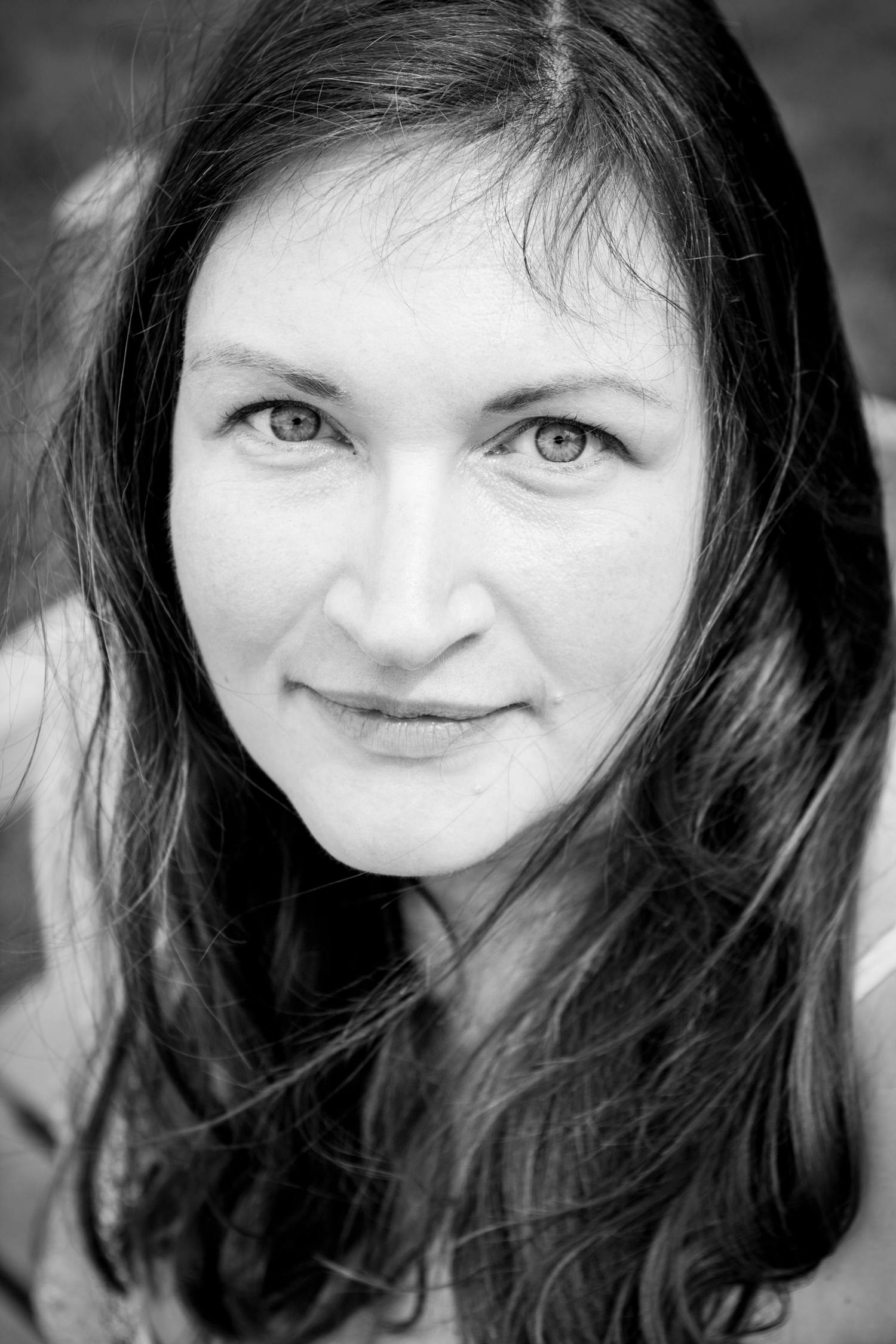talking points for book groups
Questions ABOUT INDIVIDUAL characters
Who did you feel are the main characters in the novel and how did you feel about these characters? Do you think there are more sympathetic or unsympathetic characters in the world of the book? Did you find the inclusion of unsympathetic characters challenging as a reader?
How do you think Brennan/Barnaby's treatment after his move from Northern Ireland affected or informed his treatment of Aloysius in the police station and his behaviour within his own marriage?
To what extent do you think that Nathaniel and Lanny managed to escape their highly unusual childhood?
Why do you think Anna walked away from Aloysius and Samira in the police station? Do you find her actions forgivable and is Aloysius right to move past them?
Do you agree with the choices Orla makes in the second half of the novel? How much do you feel she's acting in her own interests and how much in the interests of her daughter Gracie?
There are lots of daughters in the book. Thinking about Anna, Samira, Orla and Lanny - all women who have sought or are seeking a degree of freedom in their adult lives - to what extent do you think their choices and lifestyles have been shaped by their individual personalities as opposed to the society around them? Are there any 'good daughters' in the novel?
QUESTIONS ABOUT THE WIDER THEMES
How different is the world in the present day from the world in 1965? Have things got better for women? Have things got better for recently arrived immigrant communities? Is our society today less racist - or just less openly racist?
National identity is a construct - i.e. every nation's identity is something which human beings have constructed through a mixture of language, story telling, education and politics. In the chapter 'Summer and Washington', Aloysius talks about the way in which English literature influenced his feelings towards Britain: "I was in love with the idea of England. [...] In all those books there was England again and again and again, so fine and complicated. Until Jamaica seemed a carbon paper place, a weakened version of something else." How important is British culture and the English language in bringing people from other countries to Britain and how do perceptions of 'Englishness' affect their lives once they've got there? How does this relate to the country or community you live in?
To what extent are the characters in the novel trapped by the constraints of social expectations in Britain in 1965? Do you think that some characters are more likely to break free of these constraints than others? If some of the characters have greater autonomy than others, why is this?
What do you think of Samira's views on the politics of the way they're all living (in the chapter 'Harold Wilson is not a Fascist Dictator')? Do you think that her youth means that she sees things more clearly or is she simply naive?

